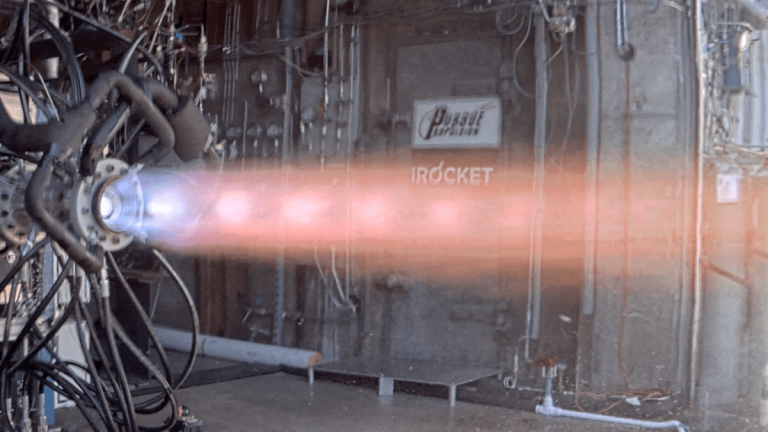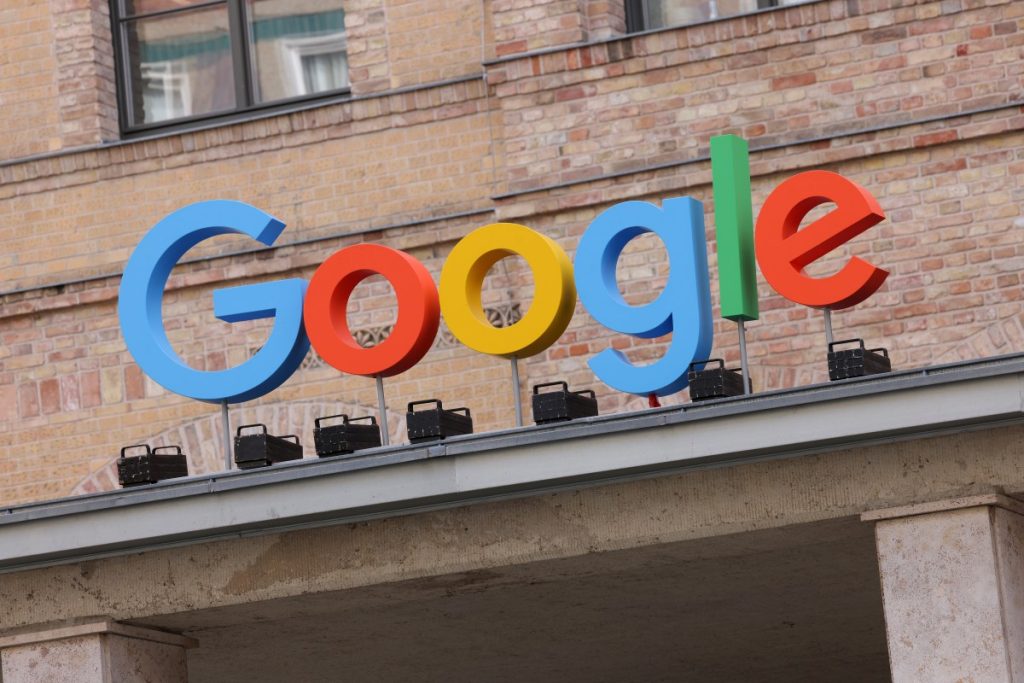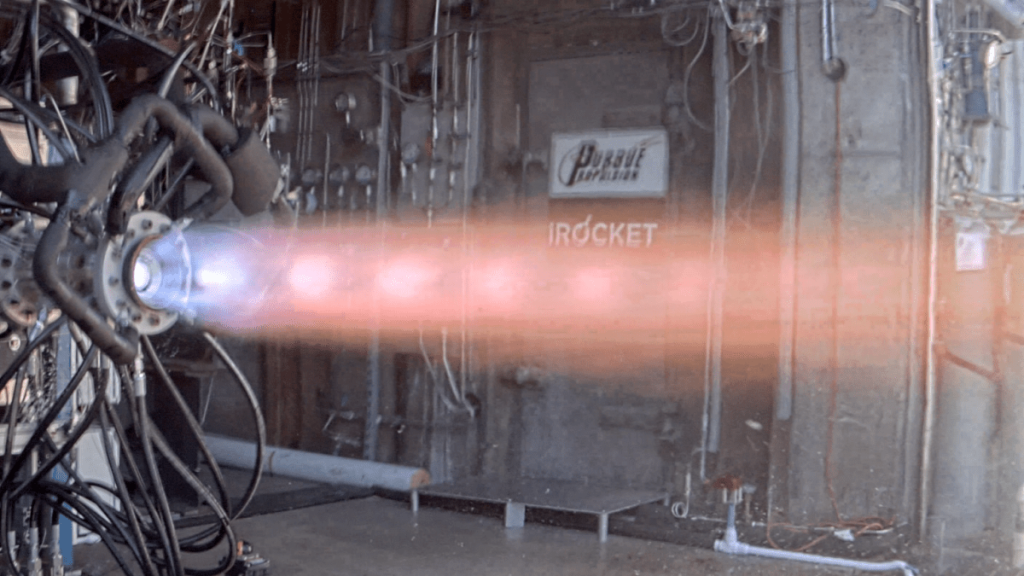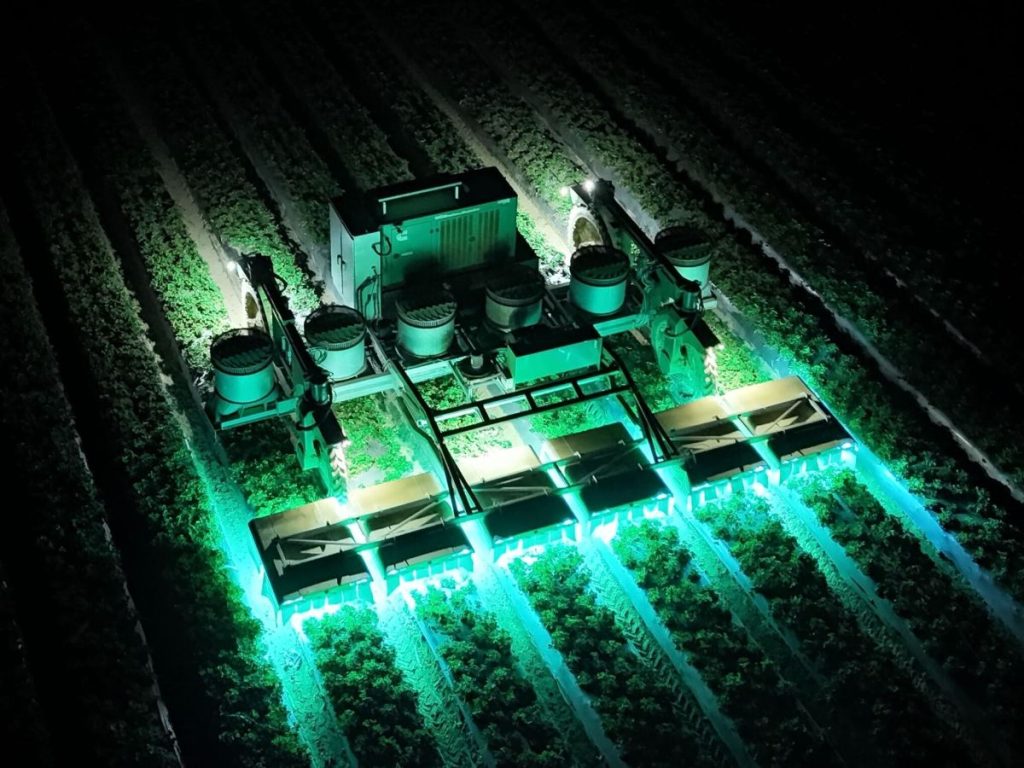Electric vehicle manufacturer Harbinger has raised serious concerns about Canoo’s bankruptcy proceedings, alleging improper handling of asset sales and potential hidden holdings. The dispute centers on Canoo’s Chapter 7 process, which began in January 2025 after the company ceased operations.
Key Allegations in Harbinger’s Legal Filing
- Undisclosed Assets: Harbinger claims Canoo failed to disclose critical assets acquired from bankrupt EV firm Arrival during the 2024 fire sale. These assets were reportedly excluded from bankruptcy filings despite being purchased months before Canoo’s collapse.
- Questionable Ownership Claims: The objection cites multiple instances where Canoo allegedly listed assets it didn’t legally own. Harbinger’s legal team identified discrepancies after reviewing confidential documents in the virtual data room during their own bid consideration.
- CEO Favoritism: Court documents suggest the bankruptcy trustee approved CEO Anthony Aquila’s $15 million asset purchase without proper valuation assessments or competitive bidding. The sale included intellectual property rights and manufacturing equipment.
Historical Context of the Rivalry
The conflict traces back to 2021 when Harbinger emerged as a competitor founded by ex-Canoo engineers. A 2022 lawsuit accused Harbinger of corporate espionage, alleging theft of proprietary battery technology and vehicle platform designs. This ongoing litigation adds complexity to the bankruptcy proceedings, as Aquila’s purchase includes potential settlement rights from the unresolved case.
Controversial Settlement Clause
Legal experts highlight a contentious provision in the asset purchase agreement granting Aquila veto power over any settlement between Canoo and Harbinger. Critics argue this violates bankruptcy protocol by creating conflicts of interest, potentially depriving creditors of fair compensation.
Industry Implications
The case highlights growing pains in the EV sector, where multiple startups face financial instability. Analysts note that asset acquisition battles between failing companies have become increasingly common, with over $2.3 billion in EV-related intellectual property changing hands through bankruptcy courts since 2023.
Next Steps in the Legal Process
The bankruptcy court has scheduled an emergency hearing for April 15 to address the objections. Potential outcomes include:
- Nullification of the current asset sale agreement
- Appointment of an independent auditor to reassess Canoo’s assets
- Revised bidding procedures to ensure transparency
Industry observers warn that prolonged litigation could diminish the value of Canoo’s remaining assets, particularly its advanced skateboard chassis technology and pending patents for modular vehicle systems.















